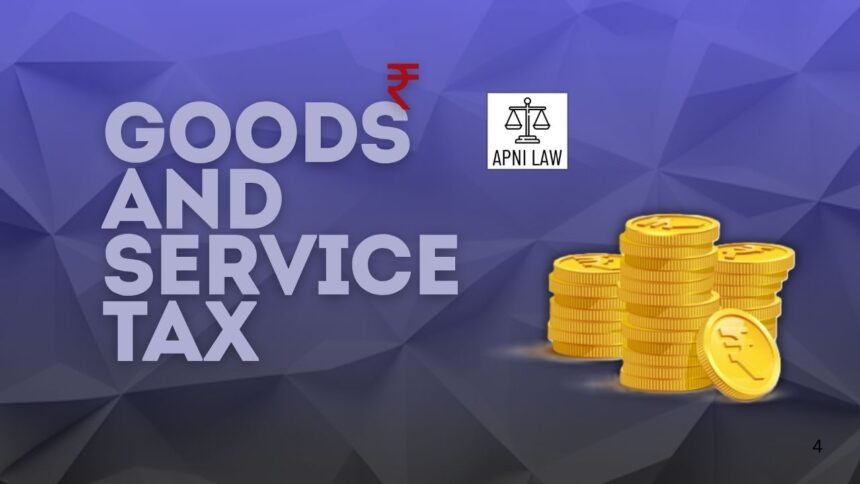Interstate supply under the Integrated Goods and Services Tax (IGST) Act refers to transactions where the supplier’s location and the place of supply are in different States or Union Territories. Section 7 of the IGST Act lays down the rules to determine such supplies. These rules are essential for GST compliance and tax liability.
For any specific query call at +91 – 8569843472
What Is Interstate Supply
An interstate supply occurs when the supplier and the place of supply fall in two different States, two different Union Territories, or a State and a Union Territory. For goods, the place of supply is determined under Section 10 of the IGST Act. For services, it is determined under Section 12.
When Do Goods or Services Become Interstate Supply
Interstate supply of goods happens when a seller in one State or Union Territory delivers goods to a buyer in another State or Union Territory. Interstate supply of services occurs when the supplier and the place of supply are in different States or Union Territories. Imports are always treated as interstate supplies and attract IGST until goods cross the customs frontier. Exports, where the supplier is in India and the place of supply is outside India, also fall under interstate supply. Supplies to or by a Special Economic Zone (SEZ) are always interstate, even within the same State. Any supply that does not qualify as intra-state supply is deemed interstate under Section 7(5)(c).
How Does IGST Taxation Work
IGST is levied on all interstate supplies, imports, exports, and SEZ-related transactions. The supplier collects IGST and pays it to the central government. The revenue is later shared between the Centre and the State of consumption. Businesses making interstate supplies must register for GST, even if turnover is below the general threshold, unless exempt. Invoices must clearly show the supplier’s location, place of supply, and IGST details. Monthly GST returns are mandatory for interstate suppliers to claim input tax credit and avoid penalties.
Some Common Examples of Interstate Supply
For example, a company in Rajasthan selling to a buyer in Maharashtra is making an interstate supply. Goods shipped from Gujarat to Maharashtra also qualify. A Tamil Nadu manufacturer supplying to a Kerala retailer, or a Karnataka seller delivering to an SEZ in Karnataka, will still be interstate supplies. Even when goods are delivered in one State but billed to another State, the place of supply rule decides the interstate nature.
Conclusion
Section 7 of the IGST Act makes it clear that any supply crossing State or Union Territory boundaries, including imports, exports, and SEZ transactions, attracts IGST. Knowing these rules ensures proper GST compliance, correct tax collection, and avoidance of legal issues.








